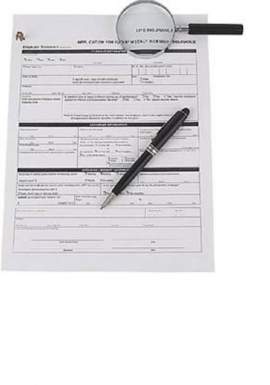
What You Should Know About Property Taxes

Encumbrances against a property can include taxes, in the form of unsatisfied levies. A personal property tax that remains unpaid by the owner of a property, becomes an encumbrance, and can be held as a lien against that particular property. It will remain as a lien on the property until it is paid off in full, whether or not the property changes owners. If a new owner decides to purchase a property, the unpaid tax will not prevent the existing owner from selling the property to the new owner, for it would transfer with the sale. The existing owner of a property must notify, by law, the new owner of all encumbrances including such unpaid taxes, to the new owner prior to the sale of property.
Property taxes are considered to be a lien on property at the very beginning of
the 'tax year'. This is because property tax should essentially be paid prior
to any other existing debts. The actual date when the taxes are to be paid may
not be the first date of course, and when paid on that date, would not be
considered past due. Property taxes are set on the land and home by the
town/city where it is located, as well as the county-both jurisdictions may tax
accordingly. The property taxes are said to be a type of ad valorem taxes which relates to "at value". The
reason for this is because these taxes are based on the value of the property.
The property tax is set in relation to the land value and that of the improvement
(or building) value as well. The value of a home is given in regards to the
sale price of a home that is comparable to the one being assessed in the same
area, as well as the following: a fitting price for the home, what it would
cost to rebuild the home if it was lost, and also any improvements on the
property. The value of the property can also vary depending on the current real
estate market, and where it stands. In a high market, the house would receive
top value in relation to all of these pertaining qualities. This could result
in a higher property tax over that home. However, in a low market, the value of
that property can be well below its true worth, and if appraised at that time
for a tax assessment, could acquire a lower property tax.
In some areas, property taxes can be imposed on the personal property of
individuals. These can include furniture, cars, and jewelry in the United
States. This is why it's important for people to find out ahead of time what
types of things are taxable under property taxes in the jurisdiction where they
live. To properly avoid making purchases that could be taxed at a high rate
that, one should be fully aware of their local jurisdiction's specifics on
property taxes.


















